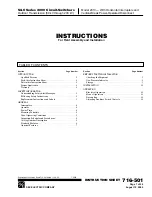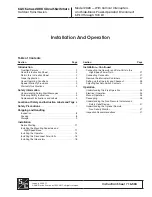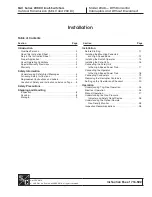
The results of the search are displayed.
searching...
telnet Telnet by name or IP address
terminal Change terminal settings
traceroute TraceRoute to IP node
undelete Recover deleted file
whois WHOIS lookup
write Write running configuration to flash or terminal
To display lines containing only a specified search string (similar to the
include
option for
show
commands) press the
plus
sign key (
+
) at
the
--More--
prompt and then enter the search string.
--More--, next page: Space, next line: Return key, quit: Control-c
+telnet
The filtered results are displayed.
filtering...
telnet Telnet by name or IP address
To display lines that do not contain a specified search string (similar to the
exclude
option for
show
commands) press the
minus
sign key
(
-
) at the
--More--
prompt and then enter the search string.
--More--, next page: Space, next line: Return key, quit: Control-c
-telnet
The filtered results are displayed.
filtering...
sync-standby Sync active flash (pri/sec/mon/startup config/lp images)
to standby if different
terminal Change terminal settings
traceroute TraceRoute to IP node
undelete Recover deleted file
whois WHOIS lookup
write Write running configuration to flash or terminal
As with the commands for filtering output from
show
commands, the search string is a regular expression consisting of a single
character or string of characters. You can use special characters to construct complex regular expressions. See the next section for
information on special characters used with regular expressions.
Using special characters in regular expressions
You use a regular expression to specify a single character or multiple characters as a search string. In addition, you can include special
characters that influence the way the software matches the output against the search string. These special characters are listed in the
following table.
TABLE 12
Special characters for regular expressions
Character
Operation
.
The period matches on any single character, including a blank space.
For example, the following regular expression matches "aaz", "abz", "acz",
and so on, but not just "az":
a.z
*
The asterisk matches on zero or more sequential instances of a pattern.
For example, the following regular expression matches output that
contains the string "abc", followed by zero or more Xs:
abcX*
CLI Functionality
ExtremeSwitching CES 2000 Series and ExtremeRouting CER 2000 Series Hardware Installation Guide
9035631-01
65
















































